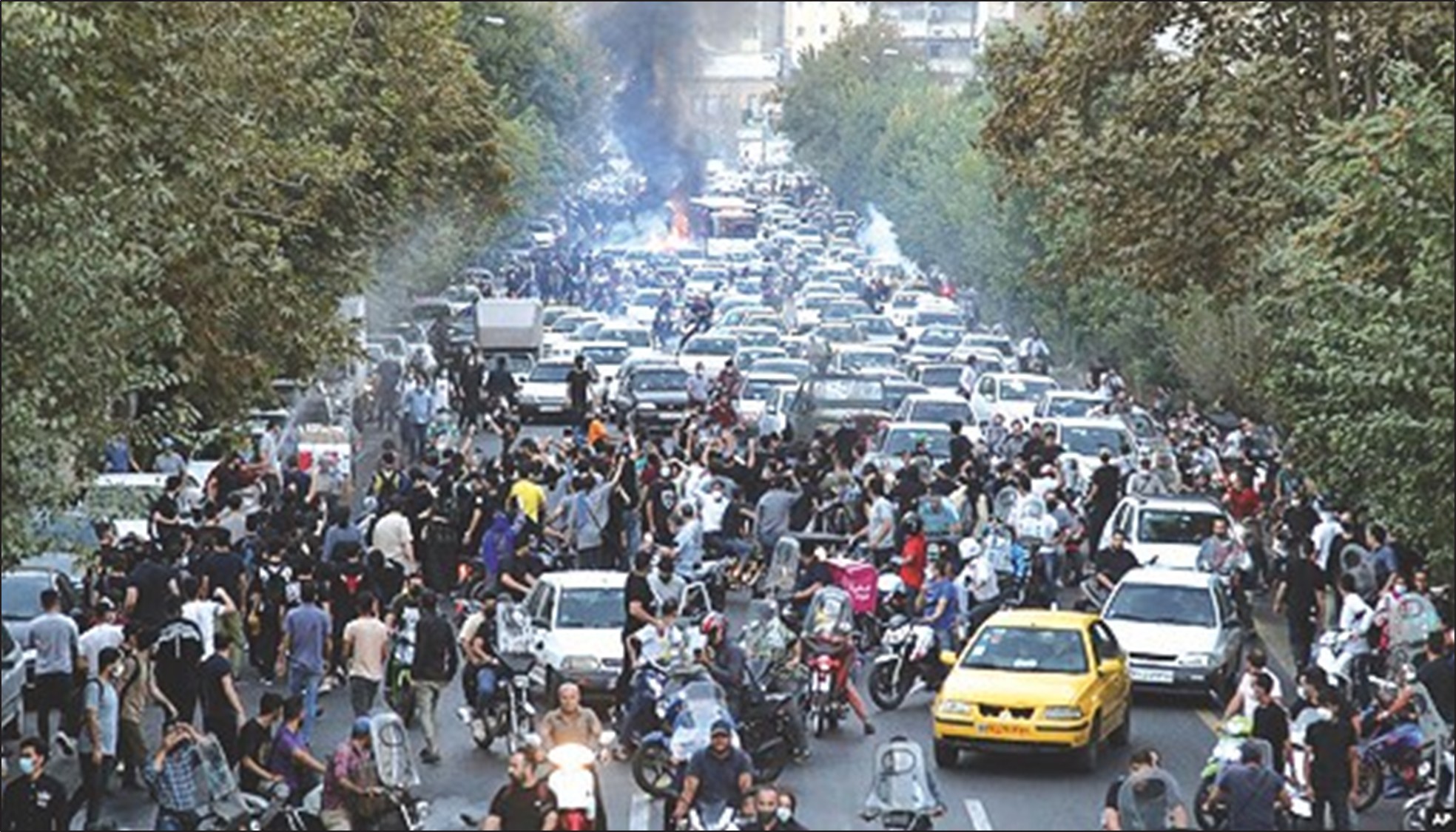By John R. Bolton
Had anyone believed President Obama’s mantra that “all options are on the table” to deal with Iran’s nuclear weapons program, the Vienna agreement might have emerged less advantageously for Tehran. But no one took Mr. Obama’s threat of military force seriously — a credibility gap that Israel still fears and Iran still exploits. Even so, Vice President Joseph R. Biden Jr. is still trying to reassure nervous Democrats in Congress that the Vienna agreement does not preclude America’s use of force.
Despite its blasé confidence in the agreement, however, the Obama administration understands the near-certainty that Iran will break its word. Tehran’s potential violations were not merely one of many difficult issues for negotiators; they were the essence of the talks. The deal’s entire structure turns on the issue of how to detect and handle breaches.
If Iran is caught transgressing, Mr. Obama’s plan is not to use force, but to apply “snapback sanctions.” His administration has argued repeatedly that such sanctions (or even new sanctions) will deter or punish violations, keeping the deal on track and Iran clear of nuclear weapons. This rationale conforms to the underlying logic for the talks themselves: If sanctions brought Iran to the table, then sanctions will keep the deal viable once implementation begins.
Unfortunately, the mechanism to address violations is as flawed as the deal’s underlying logic. For the president’s predictions of Iranian behavior to come true (and they are central to successful implementation), Tehran must recognize the inevitability of the pain their country will suffer for straying from compliance.
Yet the very language of the Vienna deal demonstrates the opposite. In two provisions (Paragraphs 26 and 37), Iran rejects the legitimacy of sanctions coming back into force. These passages expressly provide, in near identical words, that “Iran has stated that if sanctions are reinstated in whole or in part, Iran will treat that as grounds to cease performing its commitments under this JCPOA” — Joint Comprehensive Plan of Action — “in whole or in part.”
Thus the inexorable pattern will not be: Iran violates the deal; sanctions snap back; Iran resumes compliance. Quite the reverse. The far more likely future is: Iran violates the deal; sanctions snap back; Iran tells us, using a diplomatic term of art, to take our deal and stuff it.
Abrogating the deal, of course, would come only after Iran had reaped the economic benefits of having its assets unfrozen and the sanctions ended. The Europeans (among others) will have been suckered back into economic relationships that will cause as much pain to them as to Iran if they are abandoned. Sadly, the ayatollahs know the Europeans better than Mr. Obama does.
Even under ideal circumstances, the Vienna deal’s arduous “dispute resolution mechanism” provides so many opportunities for Tehran to obfuscate that “snapback” will soon become a slogan of derision. Alleged violations are referred first to a “joint commission,” which may refer the matter to their foreign ministers. In addition, the parties may ask an outside “advisory board” to consider the issue. The board’s nonbinding ruling goes back to the commission for consideration.
Although each stage has prescribed time limits, these can be “extended by consensus” — a United Nations-style formula for endless palavering before, finally, an aggrieved party convokes the Security Council to vote on snapping back the sanctions. But it’s hard to “snap back” when you’re trapped in a diplomatic La Brea Tar Pit. As with the deal’s dispute process, the snapback mechanism will not so much resolve disagreements as prolong them indefinitely.
Finally, Mr. Obama’s plan to prevent Russia or China from casting vetoes that block snapback poses hidden dangers for America. Under the deal and Security Council Resolution 2231, if a JCPOA party asserts that a significant violation has occurred, then the council must vote within 30 days on whether “to continue the sanctions lifting.” Thus, in theory, if Washington alleged a breach, Moscow and Beijing would have the burden of keeping the sanctions lifted, rather than Washington having the burden of reinstituting them. Absent a resolution “to continue the sanctions lifting,” sanctions snap back.
By concocting a procedure that elides the Russian or Chinese vetoes, Mr. Obama has surreptitiously accomplished a prized objective of the international left, which always disapproved on principle of the veto power. Through 70 years of United Nations history, one lodestar emerges clearly: Washington’s only immutable protection has been its Security Council veto. Mr. Obama’s end-run around the veto poses long-term risks that far outweigh whatever short-term gain is to be had from boxing in Russia and China now.
Dean Acheson, Truman’s secretary of state, made a comparable mistake in his “Uniting for Peace” strategy, trying to overcome Soviet vetoes during the Korean War by empowering the General Assembly. Acheson rejected British fears that the tactic might backfire; as he later wrote, “present difficulties outweighed possible future ones, and we pressed on.” We should not repeat the error.
Luckily, over the years, the lack of decisiveness in a General Assembly that has grown to nearly four times its original size has saved us from ourselves. But Mr. Obama’s device creates a harmful precedent that could be used to defeat the veto power of all five permanent members of the council, and especially the United States.
Unfortunately, snapback sanctions are just as likely to be empty political rhetoric as Mr. Obama’s incantations about all options being on the table. The list of reasons to oppose the Vienna deal is already long, but the pitfalls of snapback sanctions surely rank near the top.
John R. Bolton, a scholar at the American Enterprise Institute, was the United States ambassador to the United Nations from August 2005 to December 2006.





















